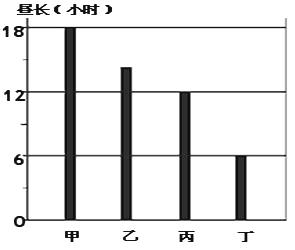问题
单项选择题
下列因素中对颅内压影响不大的是()。
A.PaCO2
B.PaO2
C.血清钾水平
D.动脉血压
E.中心静脉压
答案
参考答案:C
解析:PaCO2升高和PaO2降低可引起脑血管扩张,脑血流增多,以及PaCO2降低时引起脑血管收缩导致脑血流减少从而影响颅内压。动脉血压通过改变脑血流的灌注以及中心静脉压在脑组织血流回流环节上影响颅内压。血清钾水平对决定颅内压的三大主要因素(脑组织体积、脑血流、脑脊液)均无显著影响。

